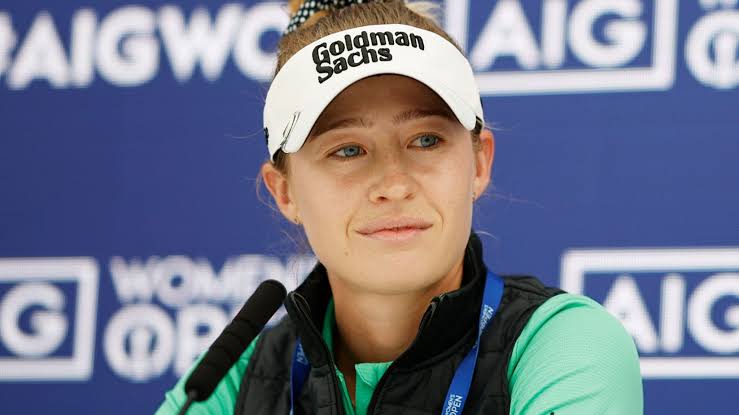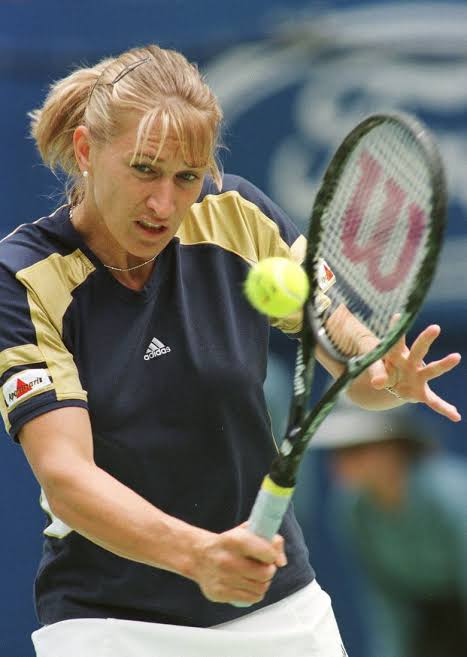In November 2024, during the lead-up to the CME Group Tour Championship, Nelly Korda, the world’s top-ranked female golfer, addressed the pressing issue of slow play in professional golf. Her remarks, delivered during a press conference, resonated deeply within the golfing community and beyond, highlighting concerns that have long affected both players and spectators.
The catalyst for Korda’s comments was the protracted duration of rounds at The Annika tournament, where she and fellow competitor Charley Hull experienced rounds extending over five hours. Hull, known for her candidness, proposed stringent measures to combat slow play, suggesting that players receiving multiple bad timings should face severe penalties, including potential loss of their tour cards. Korda, while finding Hull’s proposal “funny,” concurred with the underlying sentiment that the issue required immediate attention. She emphasized the necessity for penalizing players to maintain a quicker pace, stating, “Players just need to be penalized. Rules officials need to watch from the first group. Once they get two minutes behind, one minute behind, it just slows everything down.”
Korda’s advocacy for enforcing pace-of-play regulations underscored a broader concern about the spectator experience. Extended rounds not only test the patience of players but also diminish the viewing experience for fans, who endure prolonged periods on the course. Lexi Thompson, another prominent golfer, echoed Korda’s concerns, highlighting the adverse effects on both players and spectators. Thompson remarked, “It has to be done. Something has to be done to quicken up the play out … . Needs to be done because we need … .”
The issue of slow play has been a persistent challenge in professional golf, with various stakeholders proposing solutions to enhance the game’s pace. The PGA Tour, for instance, has considered implementing measures such as increased fines and the introduction of an ‘Excessive Average Stroke Time’ rule to address the problem.
Korda’s remarks brought renewed attention to the necessity of enforcing existing rules and potentially introducing stricter penalties to deter slow play. Her stance reflects a growing consensus among players that maintaining a reasonable pace is essential for the integrity of the sport and the enjoyment of its audience.
In conclusion, Nelly Korda’s candid discussion on slow play served as a pivotal moment in professional golf, prompting introspection and dialogue among players, officials, and fans. Her advocacy for stricter enforcement of pace-of-play regulations underscores a commitment to preserving the sport’s integrity and enhancing the overall experience for all involved.










